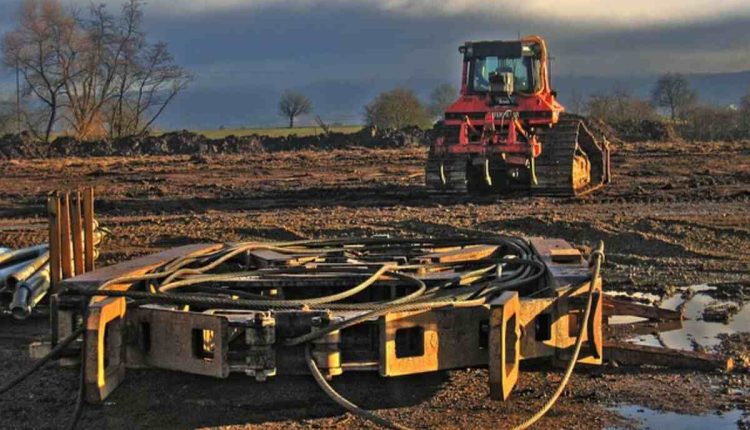Many factors affect house demolition costs, whether you’re seeking more space for living purposes or dismantling an old structure. Let’s examine some of them. Best way to find the Santa Rosa Demolition Contractor.
Removal and disposal costs can add up quickly; fortunately, many materials can be recycled or reused instead of being dumped in landfills.
The Size of the House
Size is one of the critical determinants in the cost of house demolition. Nationally, average demolition costs range between $4-15 per square foot, so for a 2,000-square-foot house, this could range anywhere from $8,000-30,000 depending on the materials used, location costs, permits fees, waste disposal/dumping fees, and whether a primary or more detailed demolition is chosen.
Establishing the best possible partnership for your demolition project requires finding the ideal contractor. Solicit referrals from family, friends, and coworkers, as well as do online research into previous customers’ reviews for potential candidates. After narrowing your list to several potential contractors, request written estimates detailing the scope of work at different prices; compare and find out why some seem more promising or cheaper.
If you still owe money on the house, be sure to notify your lender of your plans to demolish it. Failing to do so could result in lenders demanding immediate payment of full mortgage repayment. Moreover, some locations require a permit to demolish a structure, and failing to obtain one could incur fines and delays. If hiring a demolition company, ask if they provide this service.
The Materials
House demolition costs can differ widely depending on the materials used to construct a home. Brick homes tend to cost more to tear down than wood or aluminum structures. Furthermore, if hazardous materials like asbestos or lead paint exist within its walls, removal costs will likely increase accordingly.
Home demolition involves other costs in addition to material costs. These can include site preparation fees, equipment rental charges, and disposal fees. Furthermore, utility services often need to be disconnected before beginning demolition work on any home.
Time can also play a crucial role in driving up demolition costs, depending on factors like home size, how structures are dismantled, and any materials the homeowner would like saved from deconstruction.
Those wishing to preserve particular features of their house, such as fireplaces and staircases, should utilize deconstruction. Although more expensive than traditional demolition, deconstruction allows homeowners to reuse much of the material that would have been wasted and reduce waste sent directly into landfills or incinerators.
The Contractor
An effective home demolition requires more than a simple wrecking ball; every element must be disassembled carefully and hauled off-site. Therefore, hiring professional demolition contractors may be your best bet. Before searching for these professionals yourself, check your local listings or ask friends and family members for advice; reviews online are another excellent source of information about what people have experienced with certain companies.
Once you’ve identified potential contractors, get estimates for how long the job will take and any additional charges, such as permit costs or hauling charges. Before starting demolition proceedings, also have your property inspected for hazards like asbestos or lead paint.
There may be numerous reasons for someone to decide to demolish a home instead of repair or remodel it, the primary one being major safety issues such as foundational failure or water damage requiring costly repairs that make demolition financially more attractive than repairs.
At times, it makes more sense to purchase land and start from scratch. Rocket Mortgage(r) can assist you in finding the appropriate construction loan based on your circumstances.
The Location
If you plan to demolish and sell the land under your house, be prepared for additional expenses. Real estate agent fees, closing expenses, and more should all be factored in when planning such an endeavor. Furthermore, your mortgage lender should also be informed, as they may want to participate or even require you to get long-term mortgage financing for any new homes that you build on that site.
Demolition permits can also cost money, depending on where you reside. Some areas require that water, sewer, and gas lines be disconnected before beginning demolition work; other places have historic preservation rules that restrict tear-downs by limiting their number, forcing replacement houses to conform with their dominant architectural style in town or neighborhood, etc.
When dealing with old materials, deconstruction should be considered over demolition as a means to preserve materials that could be reused elsewhere. Deconstruction may also be less disruptive and allow you to salvage items such as appliances, doors and windows, and flooring that can be reused later. It is also easier on the environment and cost-effective in terms of environmental risks. When hiring a deconstruction contractor, make sure they possess experience and modern equipment. Check online reviews and ask for references before signing on the dotted line.

